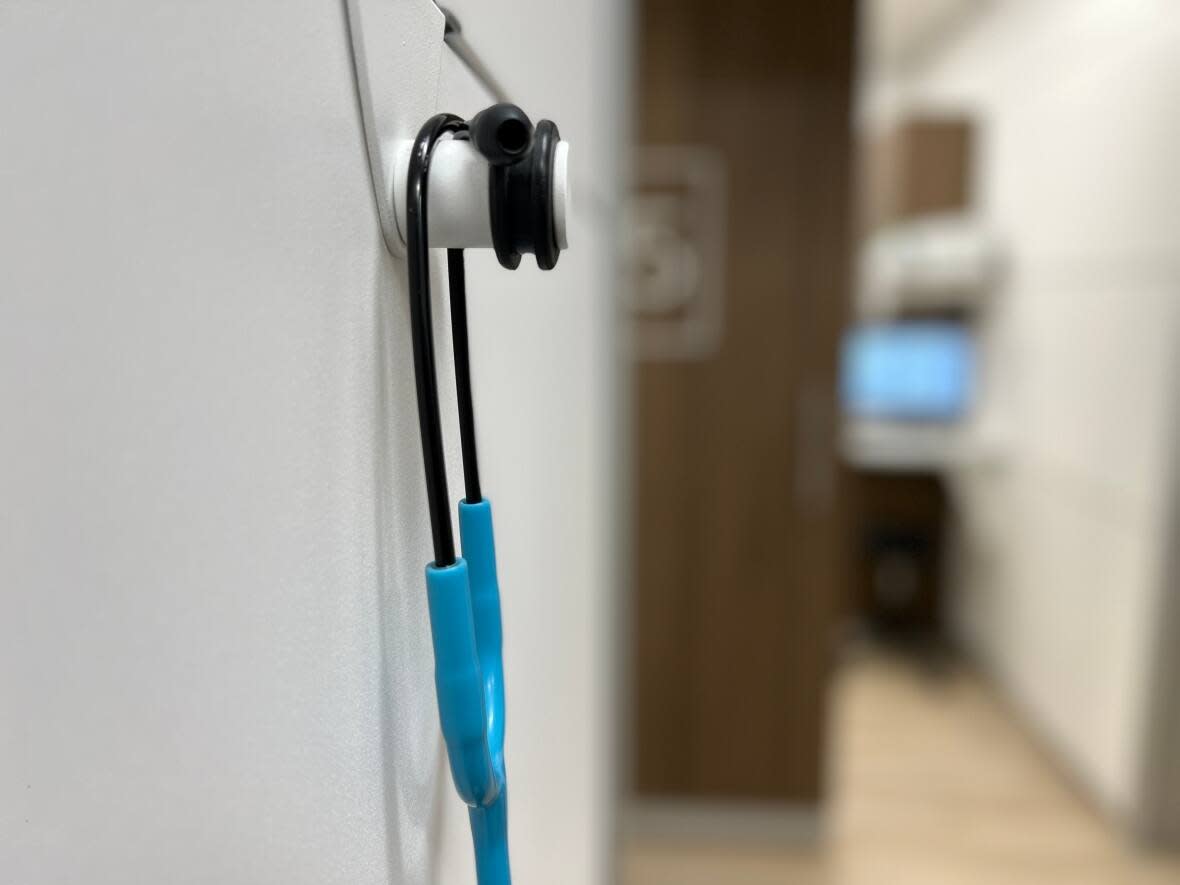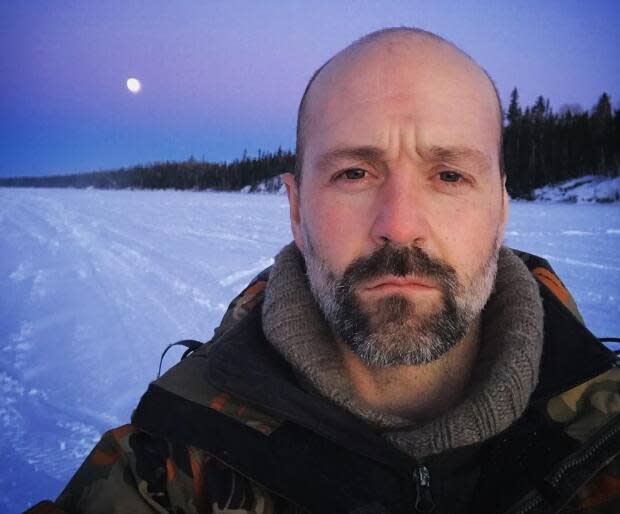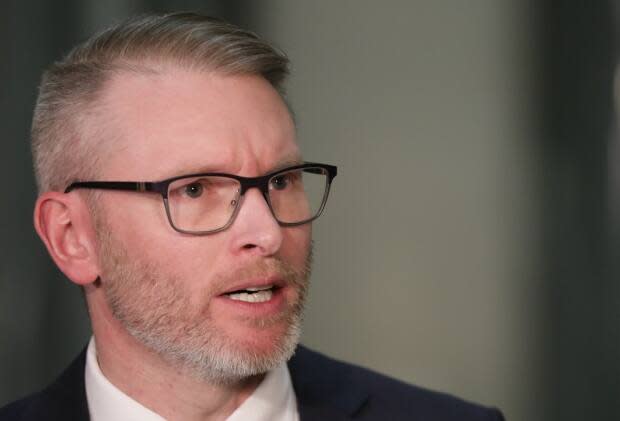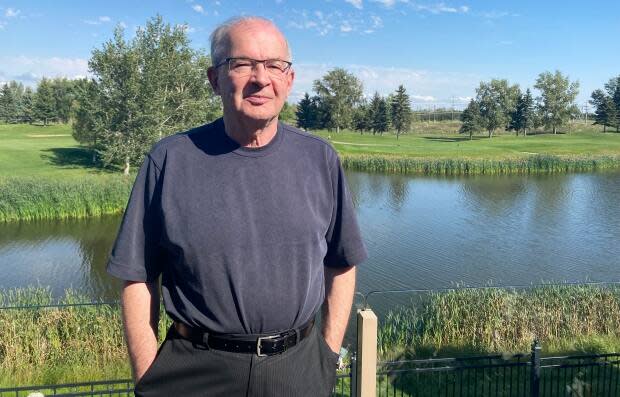Increased incentives on the way, but what else can be done to keep family doctors in rural Sask.?

Dr. Sean Groves has seen first-hand the difficulties of keeping physicians in northern Saskatchewan.
The Saskatoon native has worked at the La Ronge Medical Clinic for 17 years. His favourite parts of being a rural doctor are being able to develop close relationships with patients and the variety of work he gets to do.
But working as a physician in rural and northern Saskatchewan isn't for everyone.
Groves has seen more than 50 doctors come and go from the clinic since he started practising in La Ronge.
"Often it's not the work they're struggling with — it's sometimes the other stuff, like family things," Groves told Garth Materie, host of CBC Radio's Blue Sky.
"They're looking for educational or sports opportunities for their kids, or they're looking for a place with more amenities."

At the Saskatchewan Association of Rural Municipalities convention on Wednesday, the province announced it will boost its rural and northern physician recruitment incentives to $200,000 over five years. That's more than four times the previous incentive of $47,000.
"We think … more dollars and a longer length of the program should really help to to attract more doctors to rural Saskatchewan," Rural and Remote Health Minister Everett Hindley told Blue Sky.
"Hopefully they will get settled in those communities and make a long-term commitment to them in the future."

Shift to team-based care: consultant
Dr. Dennis Kendel, a health policy consultant and former CEO of the Saskatchewan College of Physicians and Surgeons, says the increased incentives are a step in the right direction, but more has to be done to keep doctors in rural Saskatchewan.
"That financial inducement alone won't be enough to retain doctors," Kendel told Blue Sky. "We need to change the model."
Kendel would like the province to shift its primary-care model to team-based care. That would allow family doctors to have a team of medical practitioners, such as nurses and pharmacists, who can complete tasks that don't necessarily need a physician's expertise.
That could help with doctor burnout, said Kendel.

"If you live in a little town and … there is some urgent medical matter, people know where you live, they have your phone number, and they'll get in touch with you," he said.
"It is important that doctors get time off and it's very difficult for them to do that in rural communities if they're the only contact for care for everybody 365 days a year."
Kendel says moving to team-based care would only work if the province changes its primary-care funding model.
"It would not work if the family doctor continues to work on a fee-for-service [model] and then has to essentially pay for the other personnel somehow through his or her earnings."
Offer housing for residents: U Sask vice-dean
Dr. Janet Tootoosis, the interim vice-dean for Indigenous health at the University of Saskatchewan's college of medicine, says fewer physicians are taking up general practice.
She would like to see the province invest in more supports for post-graduate physician residents looking to practise in rural communities, such as meals at the local hospital and a housing strategy.
"Often it's not that there isn't a desire for these learners to go to a rural community, it's that we would have no place to put them," Tootoosis said at the SARM convention. "This is something that is within the realm of your influence."
LISTEN | How can Saskatchewan attract health-care workers in rural/remote communities?
Kendel noted many rural communities work hard to ensure physicians and other medical professionals find housing, but said a lack of supports for doctors in rural communities can discourage medical students from going there.
Both he and Tootoosis also said getting more experience in rural communities during their education is critically important for those studying to become doctors.
"We do have more distributed medical education now, but it still is often difficult to get students out into rural communities and actually experience what life out there is like," Kendel said.

Groves said his tenure as a physician in a northern Saskatchewan community has been very rewarding.
"We do everything from emergency medicine to pediatrics to delivering babies to travelling to satellite communities to provide care to making decisions around how we transfer people out of hospital to larger centres if needed," Groves said.
"The are lots of challenges with that, but it's definitely lots of fun."


